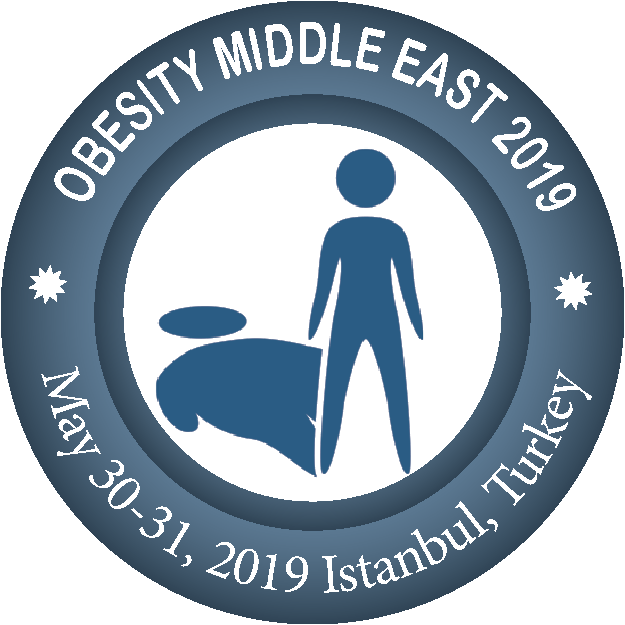
Anshoo Agarwal
RAK Medical and Health Sciences University, UAE
Title: Metabolic syndrome and obesity in children with genetic disorders
Biography
Biography: Anshoo Agarwal
Abstract
Obesity has become one of the major risk factors for chronic diseases later in life. It is a reversible predisposing factor for several debilitating diseases including atherosclerosis, hypertension and diabetes mellitus. So our main goal is to raise awareness among the special care centers and to educate the parents and staff about the risks of obesity and associated disorders and measures to be taken to improve their lifestyle and prevent the complications which may occur in the future in such individuals.
Aims & Objectives: (1) Determination of risk factors by assessing the prevalence of obesity, overweight, central obesity, their associated factors and other diseases in children, (2) To educate the parents and care takers about the risk of among them.
Materials & Methods: The study was done based on a pre-structured questionnaire comprising the lifestyle data, in particular, age, sex, ethnicity, medical condition, diet, socio economic status, education level, family history of obesity and frequency of physical activity in in children with genetic disorders. Variables including height, weight, height/weight ratio, waist circumference, calculation of BMI were also determined as a requirement to study obesity among them. Diagnosis of obesity and central obesity was confirmed by the WHO standard recommended method by determining of Body Mass Index (BMI) and waist circumference (WC).
Results & Discussion: We studied the percentage of children with genetic disorders who were obese or had metabolic syndrome. The study provided information about the changes in lifestyle which are required to avoid the complications and reducing the prevalence of obesity among the children with genetic disorders It also helped in educating the parents and care takers of these people regarding risk of cardiovascular disorders and the diseases associated with obesity and among these people. All the children were above 10 year of age. Male to female ratio was 1:1.6, ethnicity was Asian: 49% , Arab 49%, American 2%. 55% of these children were having Down syndrome-56%, Autistism-27%, Turner syndrome -7%, Misc-10%, Heart Problems: 12.5%. Majority of children stated that they do follow any routine for exercise or other physical activities. Most of the children have history of eating junk food and consume and are fond of tetra fruit juices and fizzy drinks.
Conclusion: The prevalence of obesity was high indicating that children with genetic disorders are prone to chronic diseases in the future, if not intervened at early stages. There is a need to educate the parents and care takers of these children. More health programs should be introduced among these centers to fight the prevalence of obesity and make the health care providers aware of the danger of obesity among them.

